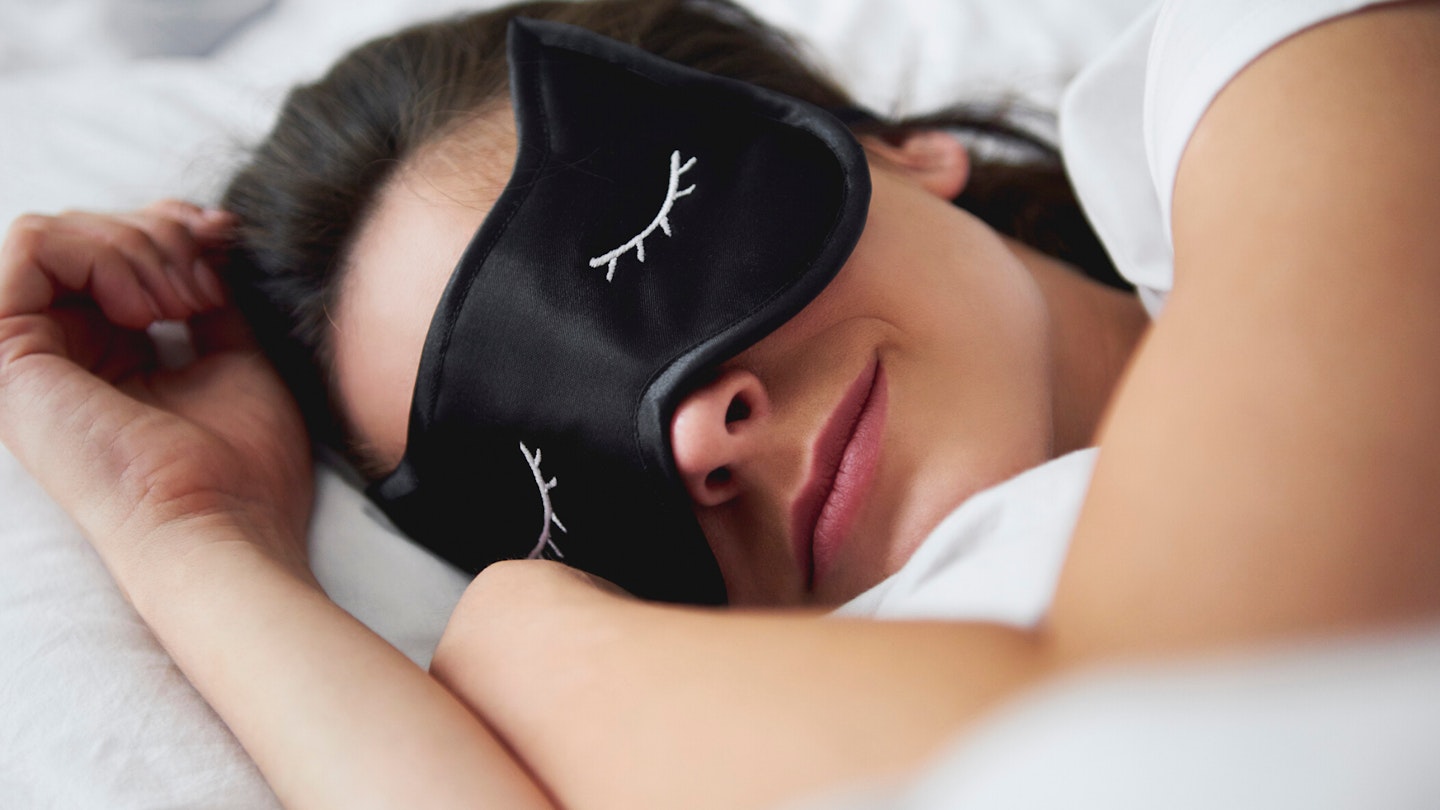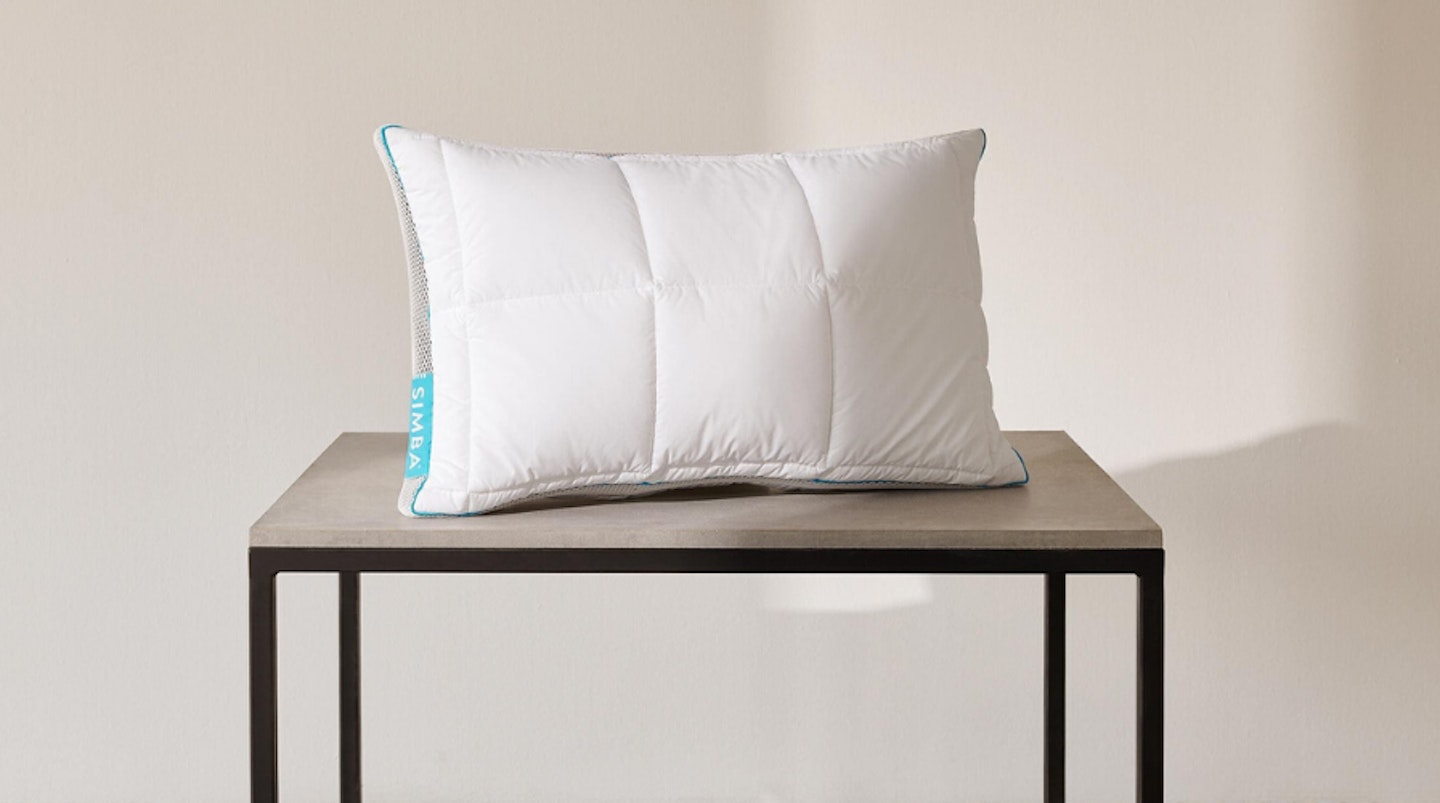Sleep is a wonderful thing, isn't it? A cure-all for practically everything, sleep is vital for our physical and mental health, reducing stress, lowering our blood pressure and keeping our hearts healthy, to name a few things.
If sleep evades you, though, it might be worth looking deeper into the type of sleeper you are to find out how you can sleep better at night.
New research by sleep tech firm, Simba, reveals there are nine different sleep personas. The way you doze could actually be causing you to lose out on your full eight hours, according to the mattress maker.
Analysing data from over 3400 sleepers, Simba has developed nine sleep personas - Wriggler, Heavy Sleeper, Catcher Upper, Thinker, Early Bird, Light Sleeper, Night Owl, Maverick and Sleep Master.
We may receive commission for purchases made through our links
Wriggler
Can't seem to stay still long enough to relax and stay asleep? You're a Wriggler, which might mean you're not completing all the cycles of sleep you need. With some help, you could find ways to get comfy and settle through the night.
The 4-7-8 breathing method can help you become calm before you sleep. Breathe in for a steady count of four - hold for seven - and breathe out for eight. Repeat this until you feel a wave of calmness washing over you. Try having a relaxing bath with some aromatherapy oils to take the edge off the day.
Tisserand Sleep Better Bath Oil
 1 of 1
1 of 1Tisserand Sleep Better Bath Oil
Heavy Sleeper
When you fall asleep, you REALLY fall, but it can take you a while to get going. This means you sleep longer to get the restorative deep sleep you need.
You're one of those people who can sleep through anything – including the alarm – but in spite of this, when you do finally stir from your slumber, you still don’t feel great. It could just be that you're trying to rouse yourself in the deepest phase of your sleep cycle, when your brain is least alert. Adjusting your bedtime could help you wake up ready to take on the day.
A gentle stretch before bed can help improve circulation, encourage better spinal alignment and, combined with controlled breathing, calm the body and mind for quality sleep.
Core Balance Foam Yoga Exercise Mat
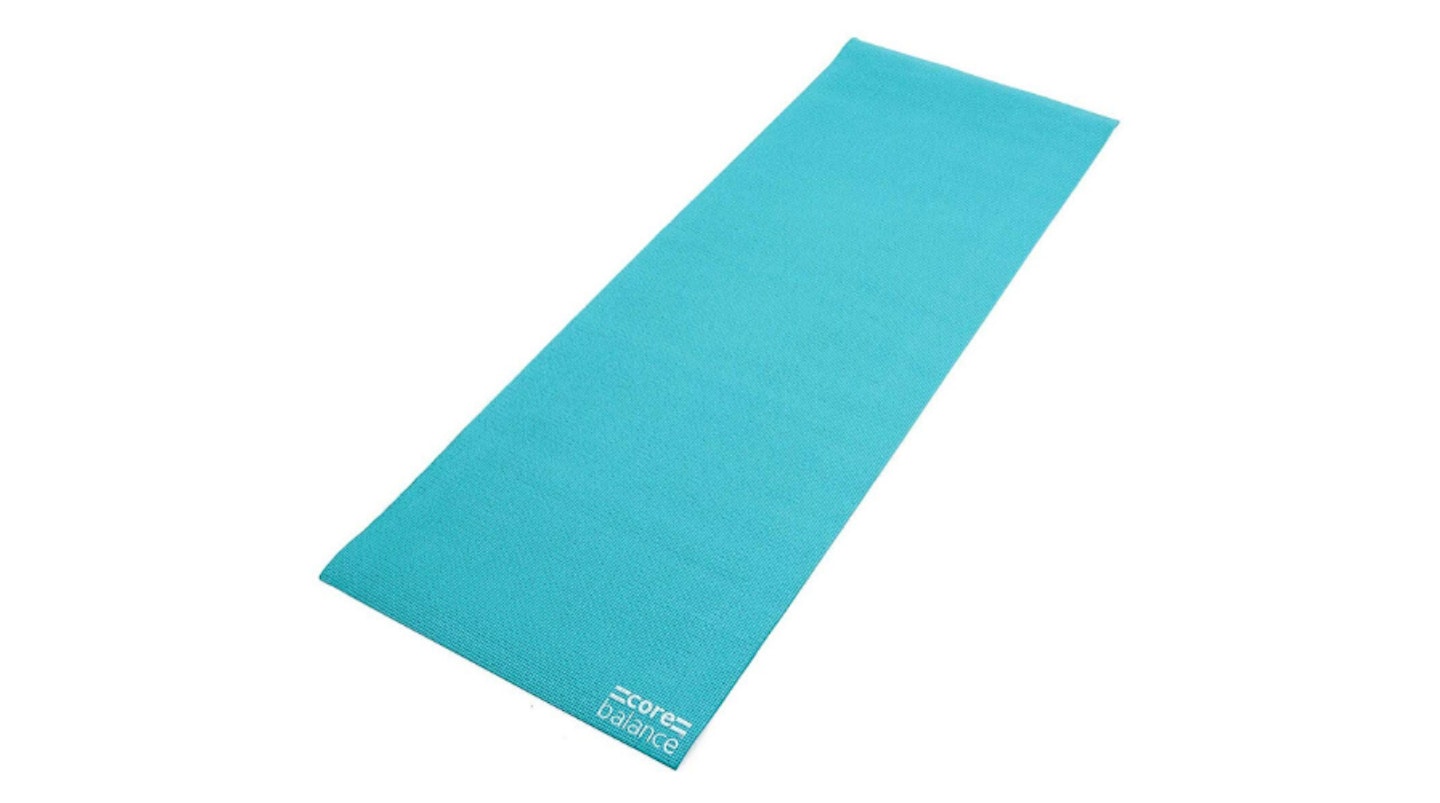 1 of 1
1 of 1Core Balance Foam Yoga Exercise Mat
Early Bird
If you consistently seem to wake up early, even when you're not trying to, you're most likely an Early Bird. It's unlikely that you're getting eight hours sleep, so you’re missing out on some restorative deep sleep and mind and mood-boosting REMs.
Your natural 24 hr body clock (or circadian rhythm) is in a slightly earlier time zone than everyone else. This means that you feel tired earlier in the evening, but bounce out of bed in the morning feeling wide awake. Some might envy this person, but early birds don't do as well with late nights - listen to your body and turn in when you're tired.
If you've got light blinds or thin curtains, look at using thicker, darker fabric or getting a separate blackout blind for your bedroom windows. Sleep masks might help blot out street lights or summer dawns that will wake you too early. You should try to get as much natural light as possible from the moment you wake up as this will boost your mood and help regulate your body clock for the night ahead.
The Simba Travel Kit
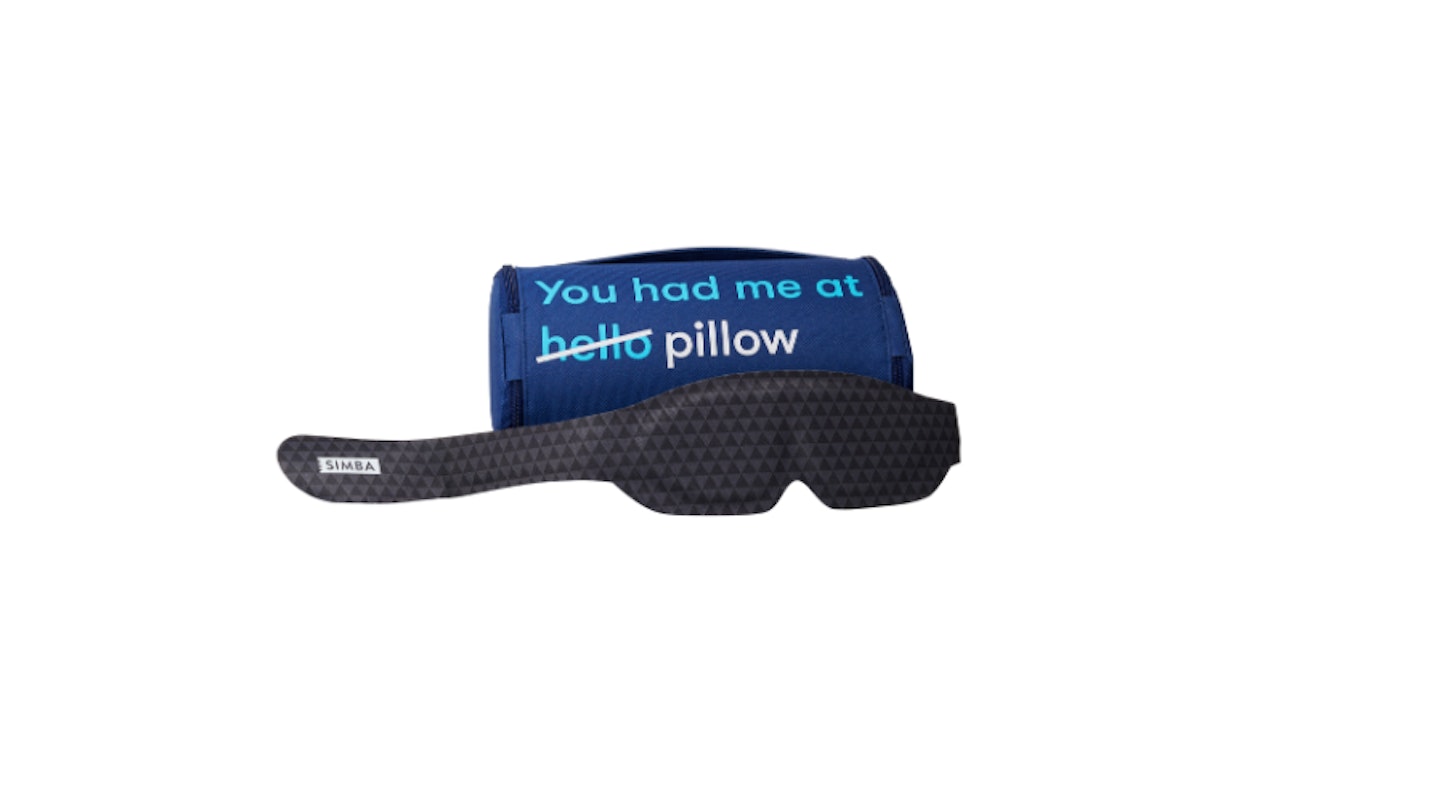 1 of 1
1 of 1The Simba Travel Kit
Light Sleeper
Although you might sleep for eight hours, you’re not getting enough cycles of restorative Stage 3 and mind and mood-boosting REMs sleep.
As quickly as you drift off, you bounce back to wakefulness. It might not bother you, but whatever is preventing you from drifting into a deeper phase of sleep is also stopping you enjoying all the restorative benefits of non-REM rest. You should try tweaking your environment to help you get your full sleep phases.
Managing light levels can help keep your body clock well-regulated. A bright lunchtime walk in natural sunshine, a dimly lit living room in the evening and a dark bedroom will all help regulate your production of the sleep-inducing hormone, melatonin. If you've got light blinds or thin curtains, look at using thicker, darker fabric or getting a separate blackout blind. And if you find yourself comfortable, sleep masks might help blot out street lights or summer dawns that will wake you too early.
The Gro Company Gro Anywhere Portable Blackout Blind
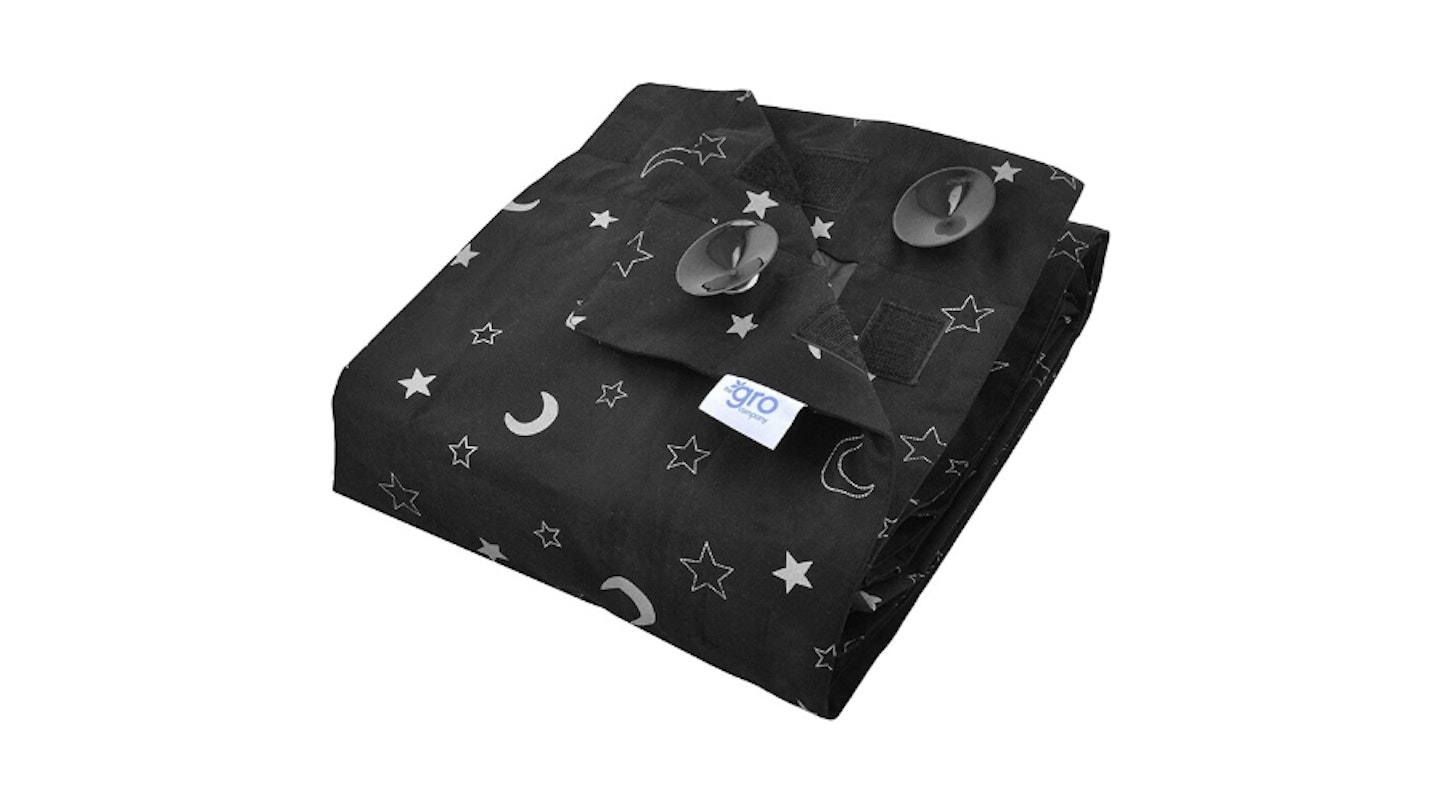 1 of 1
1 of 1The Gro Company Gro Anywhere Portable Blackout Blind
Thinker
Either you can’t get to sleep, or you get to sleep only to wake up again in the early hours. Annoying, right? This confuses your body clock and can lead to a cycle of disturbed sleep. Better ways to wind down are key to getting your body and mind on board with bedtime.
Take regular short breaks during the day – it helps regulate your daily rhythms as well as helping your creativity and productivity so you don't stress over your to do list. You should dedicate the last hour of your day to household tasks and make a 'to do' list for the next day. In the evening, you should try to do something that’s the opposite of what you do at work. If you sit all day, try some yoga or a walk. And don't check your emails before bed!
Smart Planner
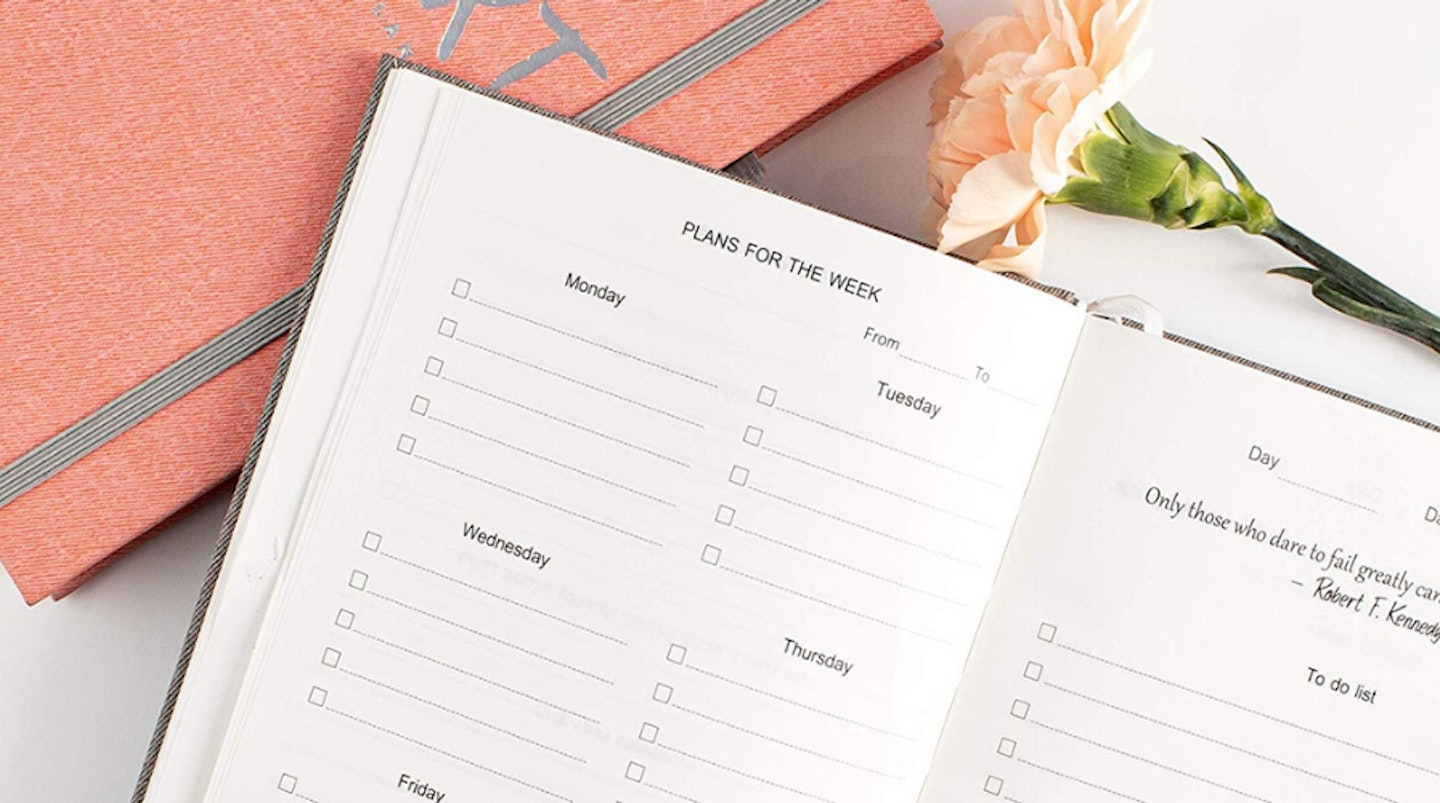 1 of 1
1 of 1Smart Planner
Catcher Upper
Long work days and spontaneous after-work drinks? Feel like you're burning the candle at both ends? Try to catch up on sleep on your days off? Unfortunately, you can't put off catching up on sleep until later — if you're running short, you have 24 hours at most to get more rest in. What’s more, lie ins just confuse your body clock and make you groggier when it's time to work. Avoiding this 'social jet lag' is key for getting your sleep back on track.
If you're a napper by habit, try and keep it to the earlier part of the day, preferably before 2pm. Napping into the late afternoon is likely to affect your sleep at night. If you wake up from a nap feeling a bit groggy, it's likely you're in the middle of a deep sleep phase - so either cut your naps shorter (less than 30 mins) or complete a full sleep cycle.
Maverick
Your sleep pattern is off the scale. You should be getting five complete cycles of deep restorative stage three sleep and mind and mood-boosting REMs sleep.
The one thing that your body clock really loves is a routine — and you don't have one. The lack of consistency in your schedule makes it hard for your body clock to stay calibrated, so you might well see the consequences in your performance, health, mood and sleep patterns. Try giving your sleep life some structure for just one week, and see how you feel.
Keeping a regular schedule - even at weekends - is great for regulating your body clock and help you get the hours you need.
Change Your Schedule, Change Your Life Book
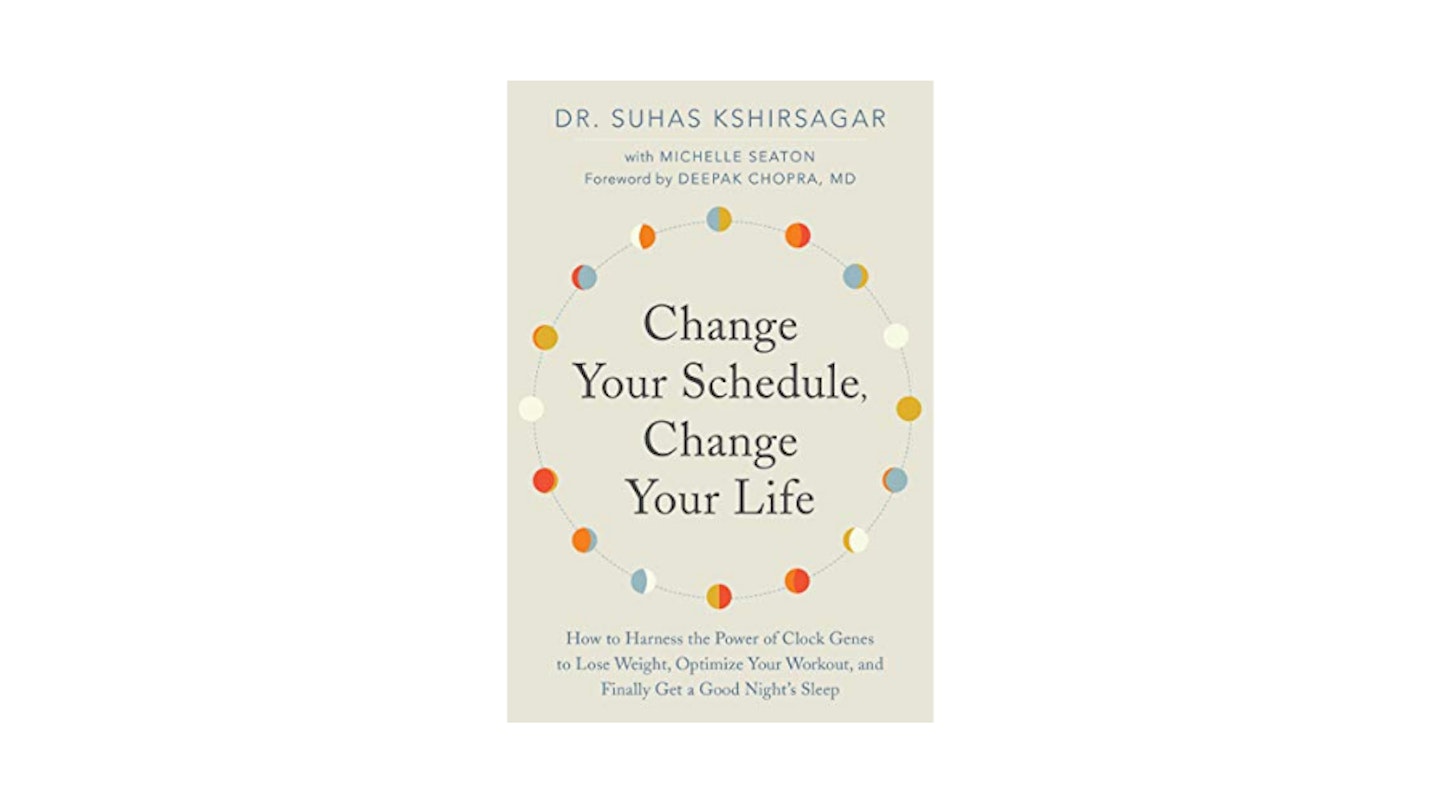 1 of 1
1 of 1Change Your Schedule, Change Your Life Book, from £7.99
Sleep Master
You're a true sleep expert.
Totally in tune with your natural body clock and your sleep pattern is near perfect. You gently drift off, dream, and wake naturally, feeling rested and ready for another day. Whatever you're doing to help them sleep so well, keep doing it. Treat yourself to a gorgeous new pair of pyjamas, while you're at it, you legend.
Bluebella Drew satin revere pyjama set
 1 of 1
1 of 1Bluebella Drew satin revere pyjama set
Night Owl
If you go to bed later than most, you're a Night Owl. This means, though, you're missing out on the some restorative deep sleep.
Your natural 24 hr body clock (or circadian rhythm) is in a slightly later time zone than everyone else. This means that you don’t feel naturally tired until late at night. Owls are not at their best first thing and likely to rise a little later than most people, which isn't a problem unless they have to rise early for work. Adjusting your schedule by as little as an hour could help.
Just like the Heavy Sleeper, a gentle stretch before bed can help improve circulation, encourage better spinal alignment and, combined with controlled breathing, calm the body and mind for quality sleep. You can also try using a sleep spray on your pillow to help you drift off to dream land.
Feather and Down Pillow Spray
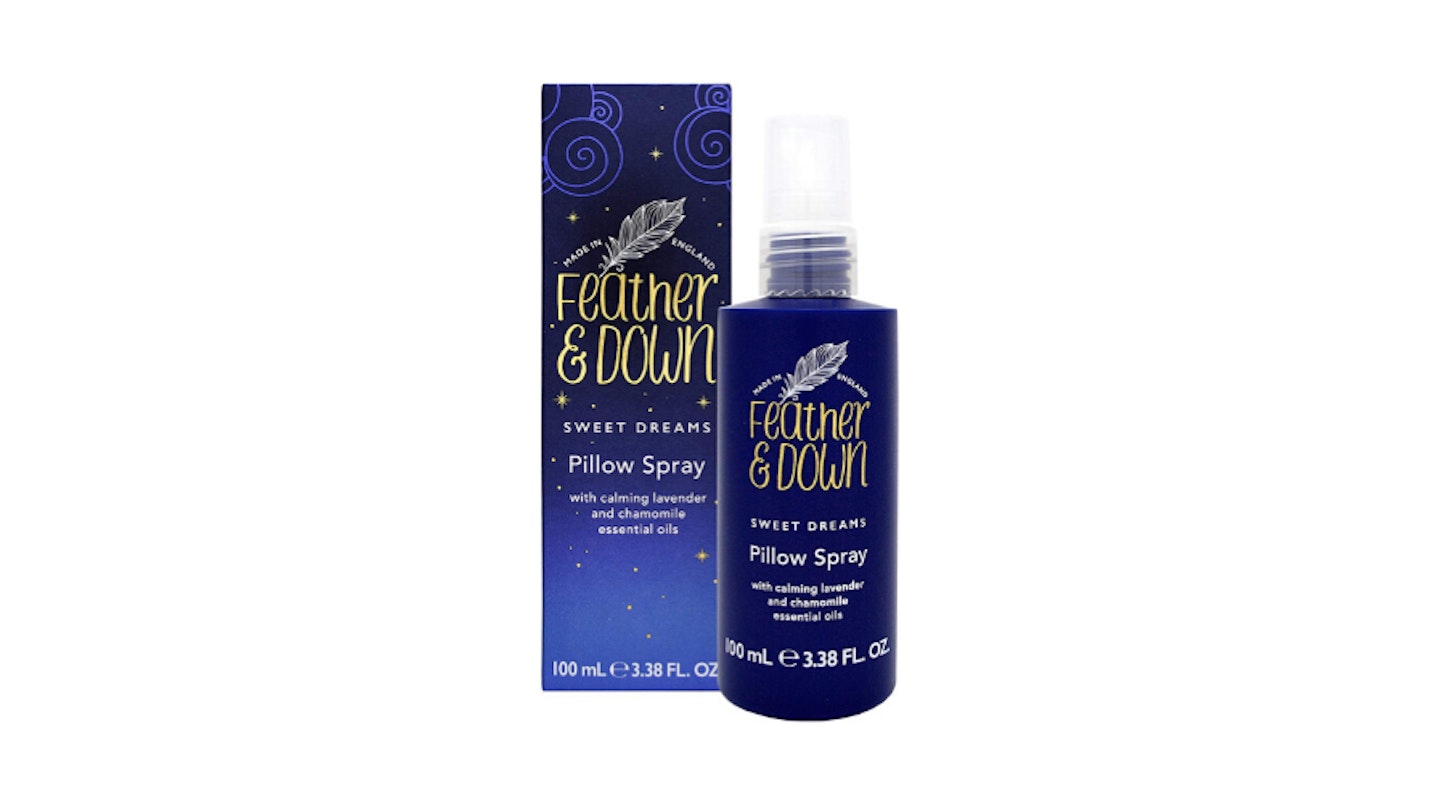 1 of 1
1 of 1